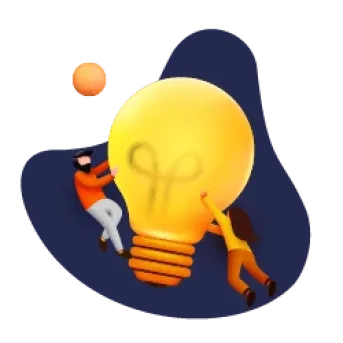How to Recognize Signs of a Gambling Addiction
To be able to recognize the signs of addiction to gambling, read the below which are the most common symptoms of a gambling addiction:
- Having a constant need to gamble with increasing sums of money for the thrill you feel.
- Being constantly preoccupied with plans to gamble, and how to get more money to gamble.
- Thinking of gambling to numb feelings of helplessness, guilt, anxiety or depression.
- Finding yourself trying to gamble more to chase money you’ve already lost through gambling.
- Having to hide the extent of your gambling problem from family members and people who care about you.
- Performing secret financial transactions to casinos and other gambling spots to avoid scrutiny and accountability to your partner, and other family members.
- Risking losing important relationships like family, work opportunities, school and friends because of gambling.
- Asking people to bail you out of situations you’ve gotten yourself into as a result of the gambling addiction.
A gambling addiction has a similar effect on the brain as drugs and cocaine, since it affects the same parts of the brain. Gambling leads to the release of dopamine, but creates 10 times more dopamine release than normal. With time, the body builds a tolerance, and needs more of the substance to achieve the same rush. Just like people with substance addiction engage in riskier ventures for a high, someone with a gambling addiction is prone to get into a downward spiral, risking and losing a lot in the process. Therefore, understanding gambling addiction as an emotional wellness challenge makes it easy to connect with the right professionals to help resolve it.
Self-Assessment Tool
Here is a quiz to help you figure out if you have a gambling addiction that you need to work through:
Gambling Addiction Self Assessment Quiz
- Do you spend a lot of time thinking about gambling related activities, casinos, lotteries and sportsbooks?
- Yes
- No
- Have you been experiencing an urge to gamble with increasingly large amounts of money to feel excited?
- Yes
- No
- Have you tried to cut back on the amount of time and money you gamble but failed?
- Yes
- No
- Have you lied to your family and loved ones about your gambling habits?
- Yes
- No
- Do you feel irritable, bored or restless when you cannot access gambling sites?
- Yes
- No
- When you lose money in gambling sites, do you try to gamble even more to recover the loss?
- Yes
- No
- Has gambling put a strain on your personal and work relationships in the past?
- Yes
- No
- Have friends and family bailed you out of situations you put yourself into because of gambling?
- Yes
- No
If you answered yes to five or more of these questions, there’s a likelihood that you’ve developed a gambling addiction you need to work through with the help of an expert.
How to Seek Assistance for Harms Caused by Gambling
Gambling consequences include financial losses, bankruptcy, the loss of personal relationships, and bigger emotional health problems. Since it’s a psychological health problem, victims cannot control the urge, even when losing massive sums of money, unless they engage in Cognitive Behavioral Therapy and other psychological support to overcome the addiction.
Here are some steps to take and get assistance for issues caused by gambling:
- Establish an emotionally safe space where the family member can share about their gambling addiction without feeling judged. People are more willing to seek help when they feel supported.
- Have candid talks about the unresolved underlying emotional health issues causing the gambling addiction. Gambling addiction treatment is only effective when you address the cause, and not try to mitigate the symptoms.
- Put temporary measures in place to minimize the damage caused by compulsive gambling. These include going into self-exclusion, deposit limits, withdraw locks, time limits and accountability partners, as you seek help.
- Reach out to groups, individuals and organizations that support people with gambling addiction.
What is the Best Way to Help a Gambling Addict?
Most people struggling with a gambling addiction don’t know how to navigate their way out of it. Since the genesis of the problem is often chemical imbalances in the brain, telling them to quit or limit themselves is never effective. Instead, they require empathy and guidance from experts who understand addiction psychology and how to resolve it. Here are some strategies and resources that can work:
Cognitive Behavioral Therapy:

The genesis of all addictions is the brain chemicals and neurological processes. The goal of CBT is helping the gambling addict connect the dots between their emotions and the compulsive need to gamble.
Personalized Feedback:

This strategy involves the person struggling with gambling addiction reporting to a computer program or professional about their gambling behavior. The program informs the individual whether the described behavior is similar to what is considered ‘normal’. Personalized feedback is excellent in encouraging people to seek help.
Relapse Prevention Approach:

Most people fall in and out of gambling addiction because they lack proper support after attempting to get clean. Relapse prevention tools create a tool that helps you identify highly triggering situations and environments that lead to a relapse. Relapse prevention is very effective when combined with cognitive behavioral therapy.
Limited Motivational Enhancement Therapy:

This forms part of brief advice as a measure to help someone take steps to overcome problematic gambling. The approach involves a screening for possible problem gambling, information on the negative impact of gambling addiction, and brief therapy sessions.
Medication:

At the moment, there’s no FDA approved medication for gambling disorders. However, there have been promising randomized clinical trials for drugs in the category of mood stabilizers.
Who to Speak to for Gambling Addiction
Gambling addiction isn’t a problem you can simply wish away. Like all other addictions, it cripples all spheres of your life, introduces financial insecurity, leads to loss of key relationships, and greatly deteriorates your quality of life. Here is a list of people you can turn to for assistance and support:
- Online Resources: There are lots of free online resources that shed light on gambling addiction and how to resolve it. Start by assessing this information, and taking an assessment quiz to help determine if you have an addiction.
- Responsible Gambling Advocacy Organizations: There are many organizations that help people struggling with gambling addiction to identify and resolve the problem. These can help by connecting you with therapists, advisors, and other experts to help treat the addiction.
- Trusted Family Members: Having the help and support of your family makes it easy to address and resolve the issue. Speak to loved ones about your struggle, as it helps them understand the impact it’s having on the family, and find useful solutions. Confide in family members that will not enable your addiction, but help you solve it in an accountable way.
- Psychologists and Mental Health Experts: These are the most suitable professionals to help you get to the root of your gambling problem and resolve it. You can find people who specifically deal with mood disorders, compulsive behaviors and addiction to walk you through the journey to recovery.
Get Help for Gambling Addiction: Supportive Organizations
GamCare
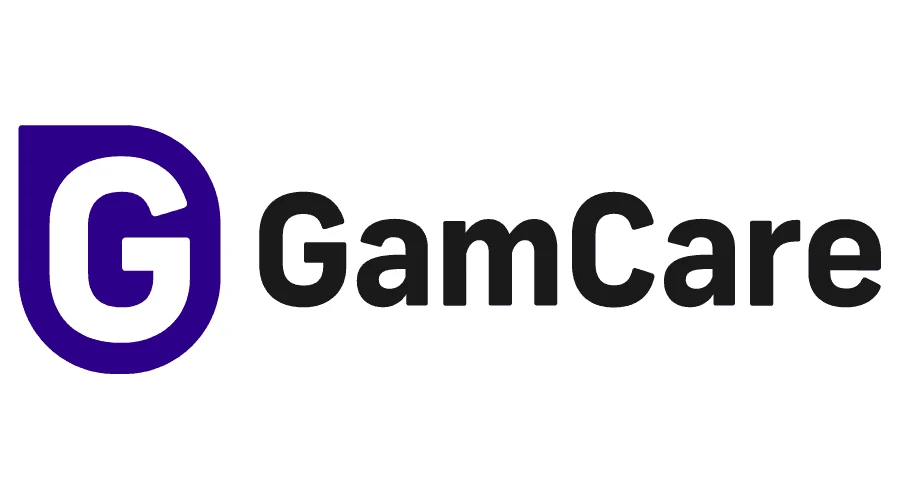
This is a UK-based organization that offers local and international help and support for people with gambling addiction. The organization liaises with casinos to help them implement responsible gambling measures and protect their players from the harmful impact of compulsive gambling.You or a loved one can get face to face gambling support,telephone support and online care. Group-based recovery courses are available. You can visit the organization’s website or contact them using this number: +448088020133, or use Facebook Messenger, Web Chat, and Whatsapp . Their online-based programs are conducted with the help of qualified behavioral therapists.
BeGambleAware
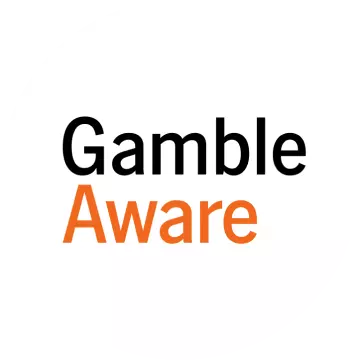
This charity organization operates within the UK, under the web name Be Gamble Aware. It was formerly known as the National Gambling Treatment Service. The website contains a self-assessment tool that can help you determine whether you have a gambling problem. They deliver 24/7 advice and guidance facilitated by Gamcare to those seeking help to deal with compulsive gambling.
National Council on Problem Gambling
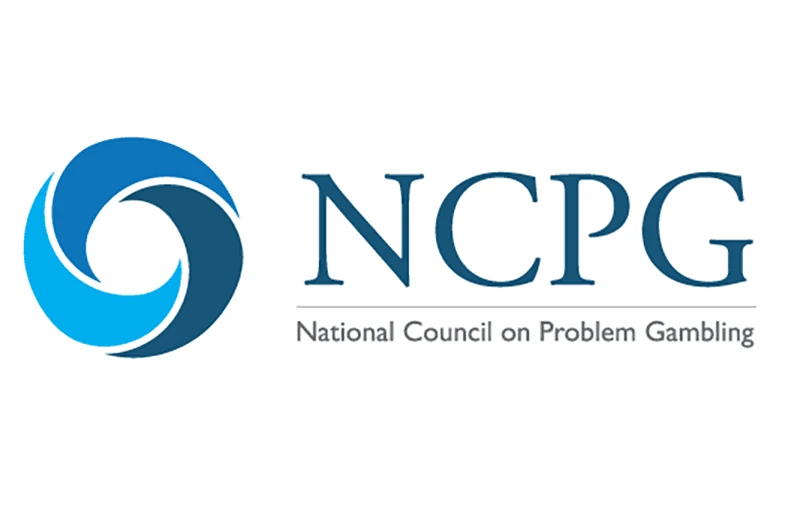
This organization is based in Washington DC, in the United States of America. It has been operational since 2017, and has help centers and contacts all around the world. They have partners in all the provinces in Canada, France, Denmark, HongKong, Korea, Malta, Netherlands, New Zealand, Singapore and South Africa. Their physical address is: 730 11th St, NW, Ste 601 Washington, DC 20001. You can email them at ncpg@ncpgambling.org. Links to contact their partner sites in all the other countries are easily accessible on their website.
Stop Predatory Gambling Foundation
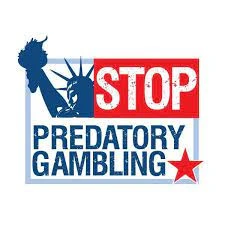
This foundation takes a different approach to problem gambling. They are proactive, and work to ensure that casino operators, bookies and other stakeholders regulate their content and align with responsible gambling guidelines. You can reach out to the organization if your loved one is addicted but still suffering losses under unregulated casinos, you can contact the foundation through their email address: mail@stoppredatorygambling.org or call them on +1 (202) 567-6996. Their headquarters is Washington D.C USA.


